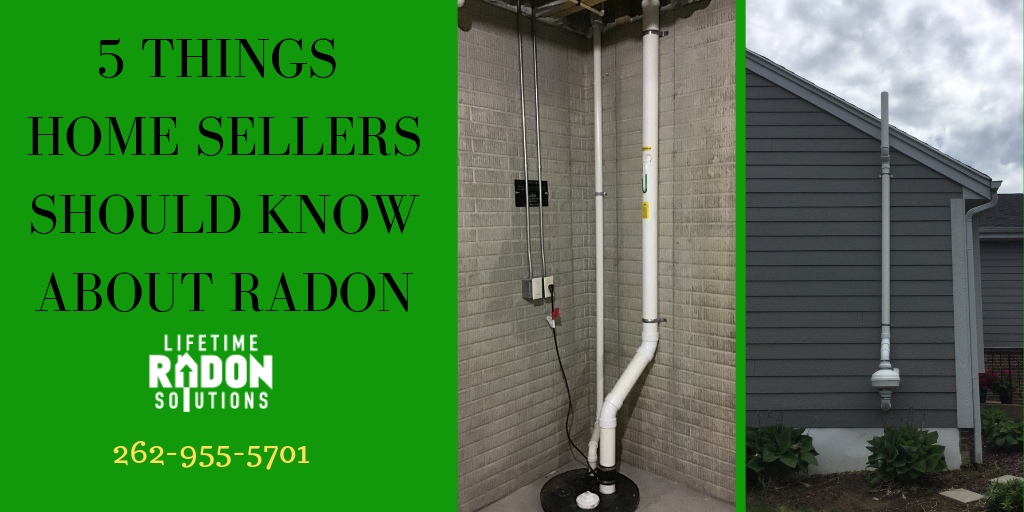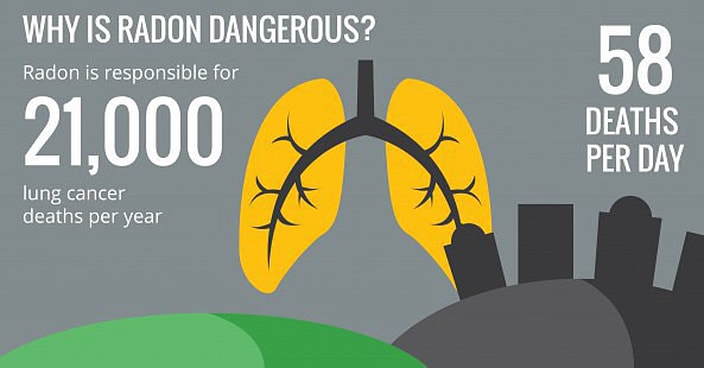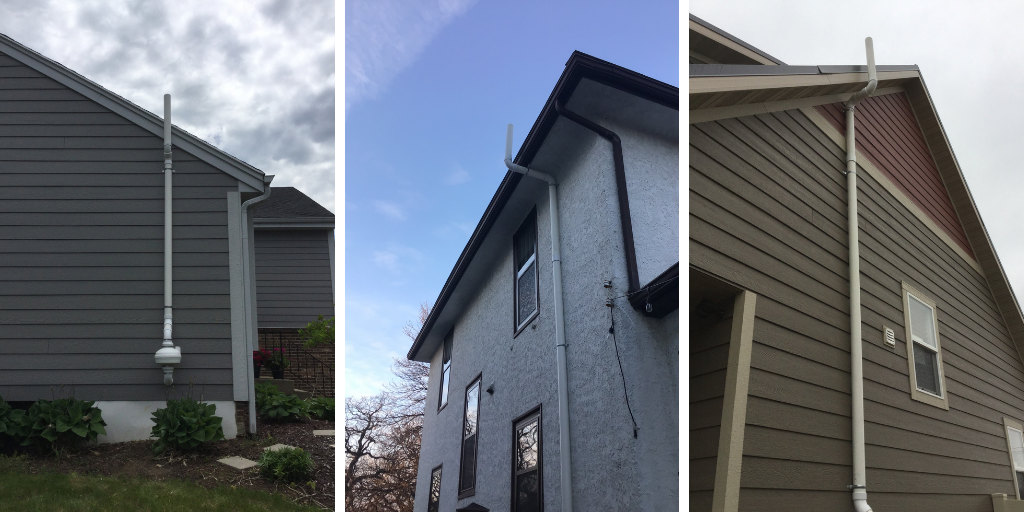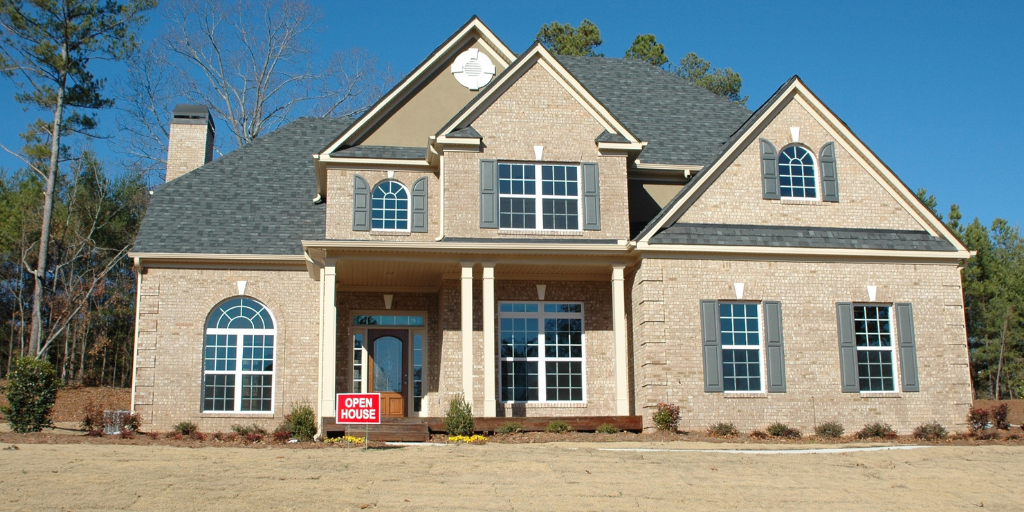|
“What is radon?” “Why is this just coming up now?” “I never had an issue during my time living in the home!” “Should I be concerned about my health now?” “How fast can this get done? I have to close on the home soon!” “How much does it cost to mitigate radon?” We hear these questions and statements almost daily from homeowners in the process of selling their homes. A lot of you reading this probably have the same type of questions, and for good reason! Many times, the high radon test comes as a surprise to the current owners and causes a lot of stress for all parties involved, especially if there's a tight closing date in play. More and more buyers are demanding that radon testing be performed before purchasing a house. If the radon test fails, the buyer will make the sale contingent on the installation of a radon mitigation system similar to other home repairs like roof and plumbing work. So, to take a little bit of stress off of you as a home seller, here are five things you should know about radon! 1. Radon can’t be seen, smelled, or felt, but it is a harmful carcinogen.Simply because radon cannot be detected by the human senses, that doesn’t mean it’s not a threat. Radon gas comes from the decay of uranium in the soil and when it rises up from the soil under your home, it can get trapped and sucked into your basement due to the pressure differential between the soil and the home. Radon gas becomes harmful as it decays because it gives off radioactive particles that damage the lining of the lungs, and over time this can cause lung cancer in both humans and animals. We get a lot of calls from upset home sellers who are obligated to fix the radon problem in their home before being able to close. Usually it’s one of two reasons why they are concerned. Either they think radon is a myth or a hoax because they haven’t been affected by it when they were living in the home, or they are concerned for their health going forward because they were unaware that they had been living in elevated radon levels for years. Radon typically takes years to take effect on the body if at all. Everyone’s body is different, so simply because you were not affected, that does not mean that the new homeowners will not be. 2. Radon has always been an issueRadon gas has always been a threat even if you had never heard about it until now. Similar to how asbestos became something to watch out for, radon gas wasn't fully understood or taken seriously until semi-recently. Even as more information comes out about its dangers, public awareness about radon is still very low. More and more states are starting to regulate radon mitigation and radon testing and urging homeowners to take action. Radon mitigation isn’t a new fad, or trend that will fade out after a few years. Mitigation is a proven method to keep radon gas out of residential homes and commercial properties indefinitely, protecting the occupants inside. 3.You should be aware of radons effects, but don’t panicWe are writing this article mostly to inform you to the reasons why the buyers of your home feel it is important to install a radon mitigation system, not to scare you. If you feel like you have been exposed to high amounts of radon over a long period of time and are worried about your lung health, talk to your doctor. They will be able to give you more information and check if you have had any lasting effects. As mentioned before, radon can take a long time to take effect and everyone is different. You could be completely fine, but the next homeowner could be the ones affected. Knowing more about radon gas and how to prevent it in your next home will only help you when making the next purchase and with your future lung health. The EPA, the CDC and the American Lung Association all have great information on their websites regarding the effects of radon gas if you wish to explore more. 4. Radon mitigation can be a painless process, and the pricing depends on your homeRadon mitigation is a half day job for an experienced and certified mitigator, and typically we schedule installations about a week out, but can usually make accommodations for tight closings if needed. Estimates for radon mitigation systems can be given over the phone, through email or in person with a proposal sent to you via email in minutes. The price for radon mitigation largely depends on how your home is built. Typical prices for residential radon mitigation systems are between $800-$1500. For real estate transactions we can install the system for you and do the retesting digitally to get you the results in as little as 3 days after the installation to ensure that you have all the paperwork before you close. We have been in business for over 21 years, and in that time we have perfected the radon mitigation process to make it as painless as possible for our customers. We have a full time office staff and multiple installers, so you can be sure that we will answer the phone for radon related questions and estimates, and we won’t be booking out further than a week or two to do the installation. 5. Your next home should be tested as wellIf you're moving to another residential home you should request a radon test at that property too. Now that you know the effects of radon gas, you might as well reap the health benefits of a radon system at home you will be living in for years to come. You will most likely have to install a radon mitigation system at the home you are selling, so why not find out what the levels are at your new home and work out a deal with that seller to mitigate that home as well? Don’t risk your health any longer! Radon testing and mitigation saves lives. If you live in Wisconsin or Minnesota, call us anytime for radon testing and mitigation questions as well as a free quote! If you live outside of our service area, feel free to call anyway, we can guide you through the process and let you know what to look out for when choosing the right contractor for the job. Andrew KreklowLifetime Radon Solutions
4 Comments
|
AuthorBrian S. Thompson Archives
March 2023
|
- Home
-
Locations
- Lifetime Radon Mitigation Minneapolis
- Lifetime Radon Mitigation Milwaukee
- Lifetime Radon Mitigation Fond du Lac
- Lifetime Radon Mitigation La Crosse
- Lifetime Radon Mitigation Oshkosh
- Lifetime Radon Mitigation Eau Claire
- Lifetime Radon Mitigation Wausau
- Lifetime Radon Mitigation Green Bay
- Lifetime Radon Mitigation Janesville
- Lifetime Radon Mitigation Rochester
-
Services
- Radon Mitigation
- Radon Testing
- FREE Radon Testing
- Crawl Space Encapsulation
- Trichloroethylene (TCE)
- Commercial Radon Testing and Mitigation
-
Local Articles
>
- Lifetime Radon Mitigation Brookfield
- Lifetime Radon Mitigation Madison
- Lifetime Radon Mitigation Plymouth
- Lifetime Radon Mitigation Brooklyn Park
- Lifetime Radon Mitigation West Allis
- Lifetime Radon Mitigation Racine
- Lifetime Radon Mitigation Menomonee Falls
- Lifetime Radon Mitigation Muskego
- Lifetime Radon Mitigation Maple Grove
- Lifetime Radon Mitigation Greenfield
- Lifetime Radon Mitigation Franklin
- Lifetime Radon Mitigation Fitchburg
- Lifetime Radon Mitigation Whitefish Bay
- Lifetime Radon Mitigation Hartford
- Lifetime Radon Mitigation New Berlin
- Lifetime Radon Mitigation Shorewood
- Lifetime Radon Mitigation Blaine
- Lifetime Radon Mitigation Appleton
- Lifetime Radon Mitigation Whitewater
- Lifetime Radon Mitigation Cudahy
- Lifetime Radon Mitigation Germantown
- Lifetime Radon Mitigation Sun Prairie
- Lifetime Radon Mitigation Oak Creek
- Lifetime Radon Mitigation Coon Rapids
- Lifetime Radon Mitigation Beloit
- Lifetime Radon Mitigation Grafton
- Lifetime Radon Mitigation Cedarburg
- Lifetime Radon Mitigation Burlington
- Lifetime Radon Mitigation Caledonia
- Lifetime Radon Mitigation Richfield
- Lifetime Radon Mitigation Duluth
- Lifetime Radon Mitigation Brown Deer
- Lifetime Radon Mitigation Sussex
- Lifetime Radon Mitigation South Milwaukee
- Lifetime Radon Mitigation Middleton
- Lifetime Radon Mitigation Waunakee
- Lifetime Radon Mitigation Watertown
- Lifetime Radon Mitigation Mequon
- Lifetime Radon Mitigation Pleasant Prairie
- Lifetime Radon Mitigation Greendale
- Lifetime Radon Mitigation Wauwatosa
- Lifetime Radon Mitigation Glendale
- Lifetime Radon Mitigation Oregon
- Lifetime Radon Mitigation Port Washington
- Lifetime Radon Mitigation De Pere
- Lifetime Radon Mitigation Pewaukee
- Lifetime Radon Mitigation Oconomowoc
- Lifetime Radon Mitigation Manitowoc
- Lifetime Radon Mitigation Verona
- Lifetime Radon Mitigation Stevens Point
- Lifetime Radon Mitigation Fort Atkinson
- Lifetime Radon Mitigation Beaver Dam
- Lifetime Radon Mitigation Little Chute
- Lifetime Radon Mitigation Onalaska
- Lifetime Radon Mitigation Baraboo
- Lifetime Radon Mitigation Waupun
- Lifetime Radon Mitigation River Falls
- Lifetime Radon Mitigation Marshfield
- FAQ's
- Blog
- Meet the Team
- Contact
- Testimonials
- Privacy
Lifetime Radon Solutions, Inc.
Copyright © 2018
Copyright © 2018





 RSS Feed
RSS Feed